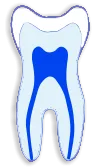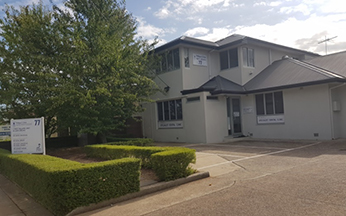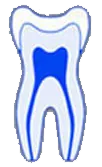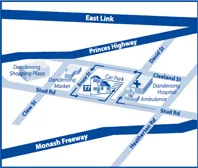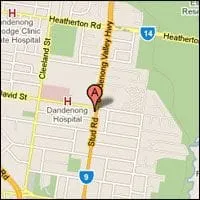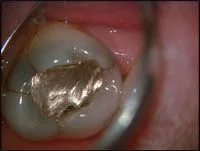
- a traumatic injury that may have incurred in a sports-related activity
- grinding teeth or jaws (which apply undue pressure on the top and side surfaces of the tooth and surrounding gum tissue)
- biting down or chewing hard objects such as ice or hard lollies.
In many cases, you may not even realise you have a cracked tooth until is too late. Here are the symptoms to watch for:
- erratic pain when chewing food
- exposure to hot or cold objects
- even brushing
What causes the pain from a cracked tooth?
Inside the tooth is soft connective tissue called pulp, which contains blood vessels and nerves. When the outer surface of the tooth becomes cracked, the inner pulp shifts and moves around, causing irritation of the tissue and nerves. When biting pressure is removed, sometimes the crack closes on itself, leading to sharp pain. Left untreated, the crack may become larger and the inner pulp may become damaged beyond repair leading to serious infections called an abscess.
Treatment options for a cracked tooth:
If a tooth is cracked it is not the end of the road for your tooth. Your natural tooth can still be saved with root canal treatment. For most cracked teeth an endodontist will perform specific tests, take 2D imaging of the tooth with periapical radiographs as well as 3D imaging of the tooth with a cone beam VT. Through this process the endodontist can if it is still a viable options to save your natural tooth. Once discussed, the root canal treatment will be performed under operating micrscope. During the root canal treatment, the endodontist will search for any microscopic cracks which may cause your tooth to be unrestorable.
